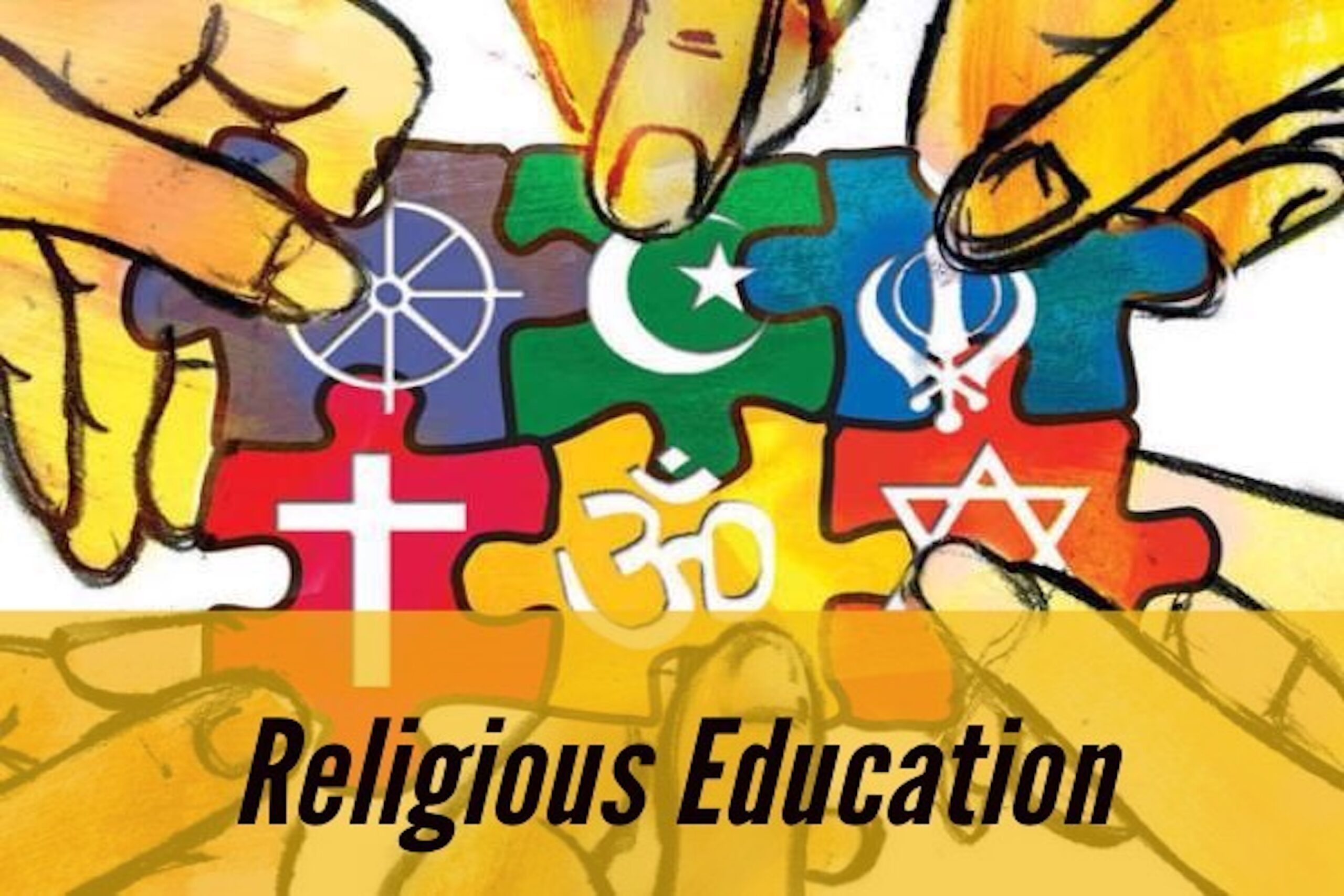News Desk
Islamabad, January 22, 2024:
In a historic move, the Ministry of Federal Education and Professional Training (MoFE&PT) has given its official nod to the Religious Education (RE) Curriculum 2023 for Grades 1-12. This marks a departure from the traditional Islamiat (Compulsory) syllabus, specifically catering to citizens practicing religions other than Islam.
Approved by the Competent Authority, Secretary of MoFE&PT, the innovative curriculum encompasses seven religions, including Bahai, Buddhism, Christianity, Hinduism, Kalasha, Sikhism, and Zoroastrianism. Religious Education Experts, representing each respective religion, meticulously scrutinized and refined these curriculum standards in collaboration under the National Curriculum of Pakistan (NCP 2022-23).
For accessibility, the complete Religious Education Curriculum can be found on the official websites [www.mofept.gov.pk](www.mofept.gov.pk) and [ncc.gov.pk](ncc.gov.pk). This groundbreaking initiative is slated to be integrated into the educational framework of public and private institutions across Islamabad Capital Territory (ICT) and educational institutions under the Federal Government nationwide.
Professor Anjum Paul, President of the Minorities Teacher Association of Pakistan and a key member of the textbook committee, has commended this progressive initiative. He sees the introduction of separate textbooks for religious minorities as a vital step toward fostering social harmony and nurturing a pluralistic society.
Professor Paul emphasizes the crucial role of appointing teachers from respective religious minorities based on merit according to government criteria. He believes this approach will contribute to an authentic and enriching educational experience, providing minority students with a deeper understanding of their faith.
Highlighting the transformative impact, Professor Paul notes that the initiative will address the deficiency in formal religious education among minority students. Previously limited to informal learning within their homes, these students will now have the opportunity to explore their religion within a structured classroom setting, akin to their peers from the majority.
Expressing optimism, Anjum Paul urges the government to formulate a well-strategized plan for the efficient and prompt implementation of this program at the provincial level. This, he believes, will ensure that the benefits of this educational reform reach every corner of the country, fostering a more inclusive and enlightened society.
Scheduled for implementation in the Academic Year 2025, this shift in educational approach aims to foster a more inclusive learning environment, acknowledging and respecting diverse religious beliefs.


